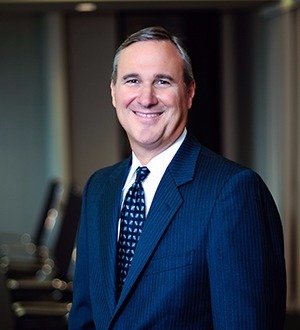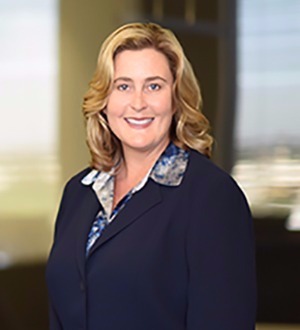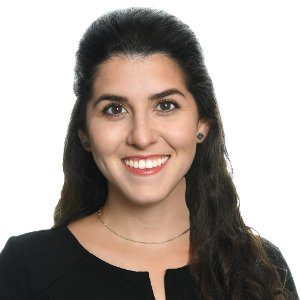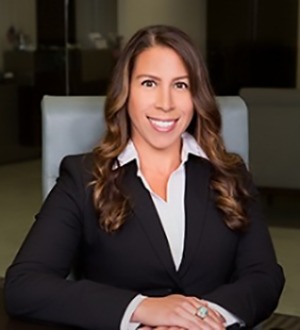Best Lawyers Near You in Irvine, California for Mass Tort Litigation / Class Actions - Defendants
Practice Area Overview
Class actions and mass tort litigation typically arise from a single episode or related events that allegedly injure a “mass” of individuals and/or their property. The number of claimants may range from a few dozen to many thousands. The volume of plaintiffs and complexity of claims and issues dictate special judicial management and require experienced defense counsel. In mass tort litigation, global issues that affect all claimants may be consolidated, especially in federal courts. Cases may be aggregated in federal multi-district litigation (“MDLs”) for coordination of pretrial proceedings, in which questions of fact common to all plaintiffs, key legal issues, and discovery may be handled on a global basis. Following the determination of fact issues, plaintiffs’ unique claims often are tried independently. The Court may order trials of the claims of certain plaintiffs in mass tort litigation as test, or “bellwether,” cases. Bellwether cases may provide the courts with guidance on the related claims’ suitability for group development and litigation. State court consolidation and management vary widely. With class actions, the class of plaintiffs may be voluminous, with all asserting damages arising from a common occurrence or related events; however, in contrast to mass tort litigation, the “class” often is represented by a single individual or a small group of individuals who embody the claims and damages of the larger group. Class actions in federal courts are governed by Federal Rule of Civil Procedure 23. Members of the “class” may be bound by findings related to that class. Class certification often is denied due to state law restrictions (or prohibitions) on class actions or the predomination of plaintiffs’ individualized circumstances over any common issues.
Defense counsel's role in consolidated litigation includes all tasks inherent in the traditional litigation setting, with an added managerial component of litigation coordination and organization of global discovery, including:
- Identification and differentiation of the nature of individualized and global claims
- Document management and review, including electronic data and e-mails
- Expert witness development and preparation
- MDL and bellwether trials
- Defeating class certification
- Improper joinder
- Development of comprehensive trial strategies
- Development of consistent factual and legal positions in coordination with counsel representing named defendants on local and national levels
- Working with lawyers from different firms as a “virtual” law firm
- Trials of claims of certified classes or individual mass tort plaintiffs
- Global settlement negotiations
Lawyers who have a subscription to profiles appear first.
Would you like to claim your lawyer profile?
Contact Us

Our Methodology
Recognition by Best Lawyers is based entirely on peer review. Our methodology is designed to capture, as accurately as possible, the consensus opinion of leading lawyers about the professional abilities of their colleagues within the same geographical area and legal practice area.
The Process
Best Lawyers employs a sophisticated, conscientious, rational, and transparent survey process designed to elicit meaningful and substantive evaluations of the quality of legal services. Our belief has always been that the quality of a peer review survey is directly related to the quality of the voters.




